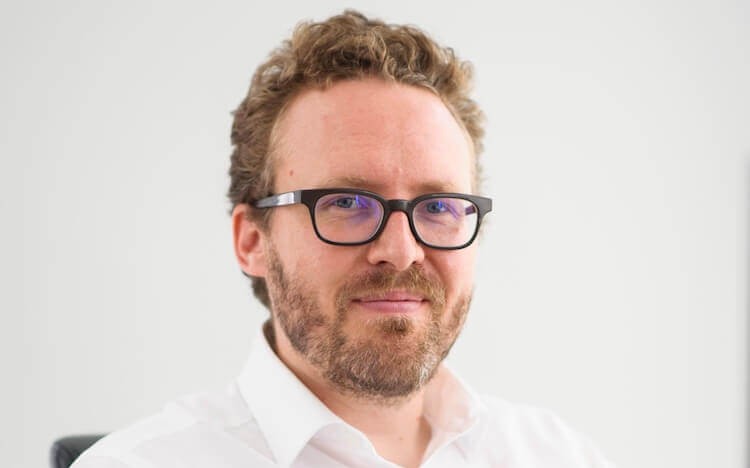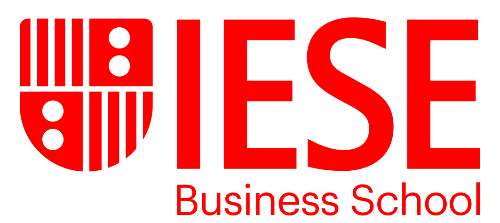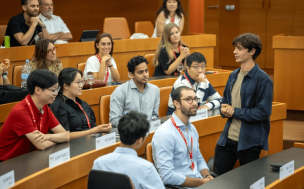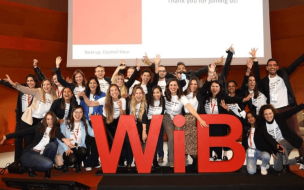MBA programs, in the final round of applications, undergo a similar process, according to Pascal Michels, director of MBA admissions at IESE Business School in Barcelona.
Every year, when the MBA application cycle reaches its conclusion, candidates have one final chance to apply for a seat in the classroom. This is the competitive Round Three application round—or Round Four at IESE—when schools make their final decisions about their MBA class.
The final round tends to be smaller than other rounds—with Round Four representing around 10-to-15% of IESE’s total applications—and is just as competitive.
But business schools, Pascal says, always have space for exceptional candidates.
Here’s four questions MBA candidates need to ask themselves before applying in the final application round:
1. Is the time right to apply for an MBA?
As the clock runs down on the deadline for the final round of MBA admissions, a tricky decision faces candidates. Do you wait until early applications for next year’s MBA program, or do you vie for final places in this year’s class?
Making this decision is, inevitably, down to the individual, but it is worth weighing up your professional position.
“If you see negligible value in spending one more year in your current profession, I would tell you to apply in round four,” Pascal advises. Regardless of the stage of applications, Pascal says IESE is always willing to accommodate outstanding students.
And what’s the worst that can happen? “[People] ask if it is worth the risk—I say, ‘what is the risk’? The only risk is that you are asked to reapply next year.”
2. Have I got enough time?
Final round MBA applications can be an impromptu decision. While it’s difficult to say for each person how long preparing an application will take, it involves many elements.
Beyond sitting your GMAT or GRE exam, candidates have to prepare a number of admissions essays, gather together the correct qualification certificates, and prepare recommendation letters.
But preparing a strong application might not be as time-consuming as you think. “We’ve seen people at IESE Business School turning around an application in as little as two weeks,” Pascal reveals.
Pascal recognizes that certain factors are out of candidates’ control—such as receiving recommendation letters, or producing GMAT certificates on the deadline. His admissions team isn’t willing to let strong candidates pass on for purely procedural reasons.
“We won’t make a decision without the documents, for example, but it won’t prevent us from starting the conversation,” Pascal says.
3. Do I offer something different?
Standing out is everything in the competitive MBA world—but it is in the final round of applications where uniqueness can really make the difference.
With an overview of the class after three rounds of applications, Pascal’s admissions team uses round four to bring in candidates who really add to the mix of the class. This might be nationality, industry of origin, or gender.
“Anyone who comes in that late in the game should be making a positive contribution to the class in terms of diversity,” Pascal notes.
This underlines the importance of round four—to make sure that the class is filled with the right mix of students to make for a truly diverse learning environment.
As well as diversity, Pascal emphasizes the ability of the candidate to articulate what is special about them is equally important. “For anyone who can clearly articulate their value proposition—a ‘wow factor’—there will be space,” Pascal ensures.
4. Am I making the right decision?
With last minute decision-making, the fear is that the choice is rushed. In a complex, saturated MBA market, making this decision can be even trickier.
Every school will be unique in different respects, whether this is a specialization in a certain field, or access to a particular jobs market which is strong in that region. For each candidate, the ‘right choice’ will be different, and requires the same scrutiny and research as in any stage of an MBA application.
At IESE Business School, Pascal says that the school offers something which many don’t—a traditional and faithful adherence to the MBA as it was intended. This is the premise that general management is the core focus of their MBA program.
This accommodates applicants who are looking for a general management education, with an emphasis on ‘general’. “[Admissions] is not biased by any type of industry or local economy,” Pascal reassures.
Ranked among the best MBA programs in the world in 2019 by the Financial Times, IESE’s ‘one-stop shop’ approach also offers students a wide selection when it comes to post-graduate careers, without restricting them to a particular sector.








